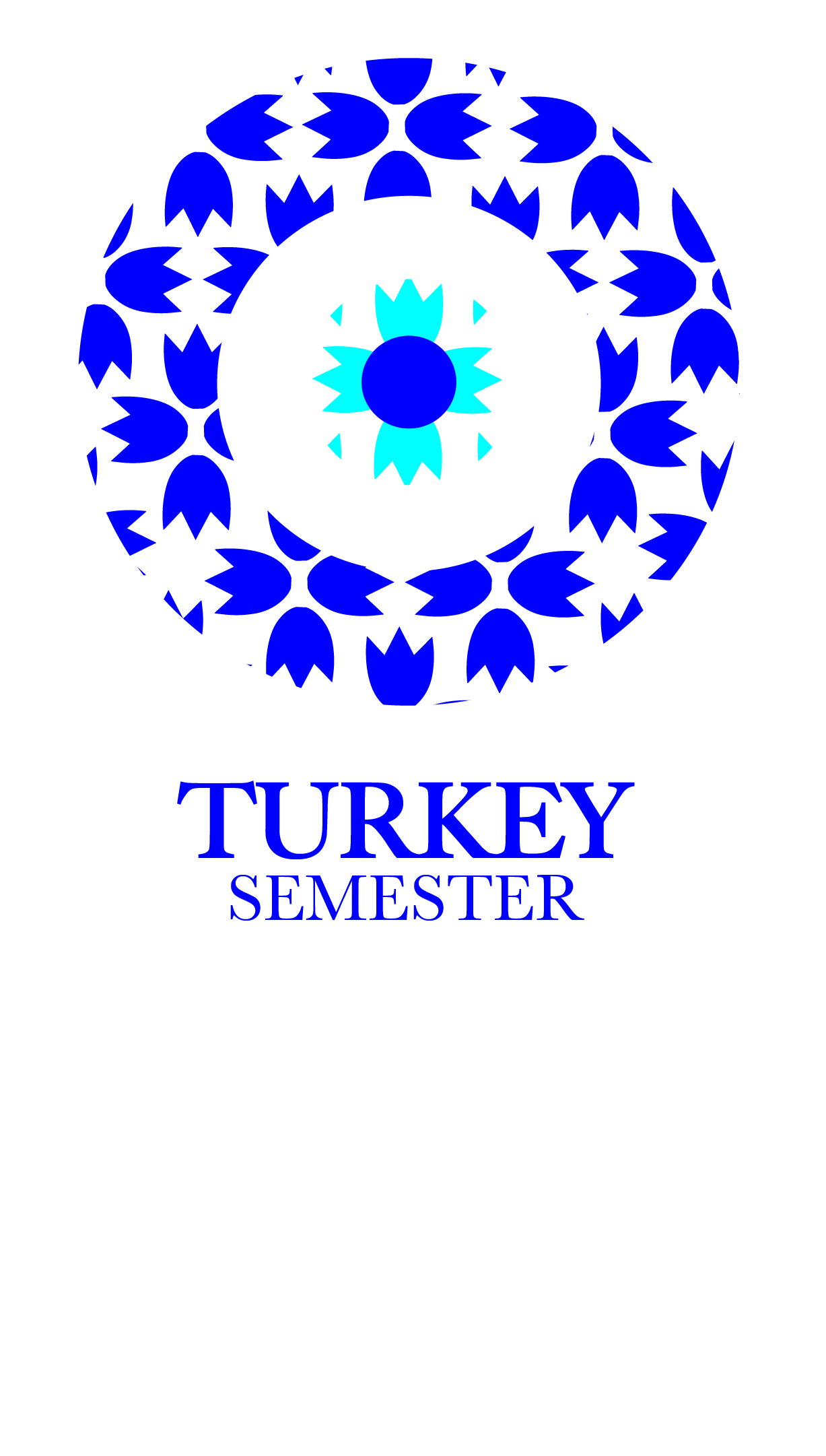

What is the only country whose capital (Ankara) sits in one continent (Asia) while its largest city (Istanbul) lies in another (Europe), is 99% Muslim but has a secular, democratic government, and consists largely of arid plateaus and mountainous terrain in Asia yet has been an important member of the North Atlantic Treaty Organization since 1952?
These paradoxes describe Turkey, the focus of Missouri Southern State University’s 18th annual international semester.
Located at the crossroads of the continents of Europe and Asia, Turkey was once the center of the Ottoman Empire. Modern Turkey was founded in 1923 by nationalist leader Mustafa Kemal after the collapse of the 600-year-old Ottoman Empire. After a period of one-party rule, an experiment with multi-party politics led to the 1950 election victory of the opposition Democratic Party and the peaceful transfer of power. Although political parties have multiplied since then, democracy has been fractured by periods of instability and intermittent military coups (1960, 1971, 1980), which in each case eventually resulted in a return of political power to civilians. With a population of around 75 million and a GDP per capita of around US$10,000, Turkey is a large, middle-income country. Its economy is composed of modern industry and commerce along with a traditional agricultural sector that still accounts for about 30 percent of employment in the country. It benefits from both a capable workforce and diverse natural resources while occupying a strategic geographic position linking Asia, Europe and the Middle East. Turkey became an EU candidate country in 1999 and, in line with EU requirements, went on to introduce substantial human rights and economic reforms. After intense bargaining, European Union membership talks were launched in October 2005.
This site is maintained by the librarians of George A. Spiva Library.
If you have a question or comment about the Library's LibGuides, please contact the site administrator.